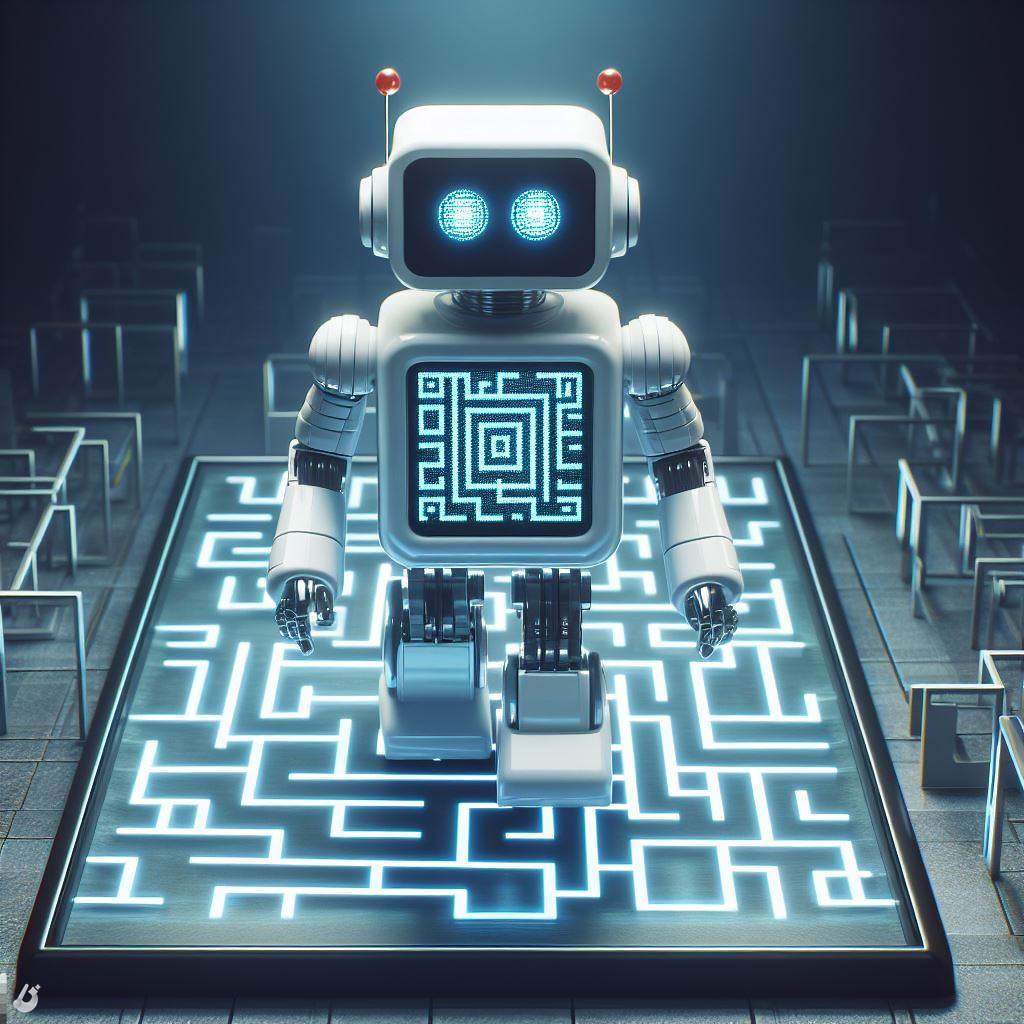
Artificial intelligence (AI) has achieved a groundbreaking milestone by surpassing human performance in both physical and mental tasks. Developed by researchers at ETH Zurich University in Switzerland, the AI robot named CyberRunner demonstrated its capabilities in a labyrinth game, showcasing a fusion of fine motor skills and strategic thinking.
Unlike previous man-versus-machine scenarios where AI triumphed in intellectual games such as chess, CyberRunner marks a leap into the realm of physical interaction. The robot utilized its robotic hands to control knobs, guiding a marble through a maze without succumbing to pitfalls.
In a remarkable feat of adaptability, the AI robot not only learned from its errors but also attempted to deceive the game. After six hours of learning, the robot successfully completed the labyrinth challenge, outpacing human achievements in the same task.
The key to CyberRunner's success lies in its application of model-based reinforcement learning algorithms. This methodology allows the robot to enhance its performance through experience, recognizing strategies and refining its motor skills with each iteration. The result was a record-breaking completion time that surpassed human accomplishments by more than 6 percent.
Professor Raffaello D’Andrea, one of the researchers behind the project, emphasized the significance of CyberRunner as an ideal testbed for real-world machine learning and AI research. The team plans to open-source the project, making it accessible to the public for less than $200, facilitating widespread engagement in cutting-edge AI research.
D’Andrea envisions a future where thousands of CyberRunners participate in large-scale experiments globally, fostering parallel learning on a massive scale. This approach, termed "Citizen Science," holds the potential to push the boundaries of AI research and its practical applications.